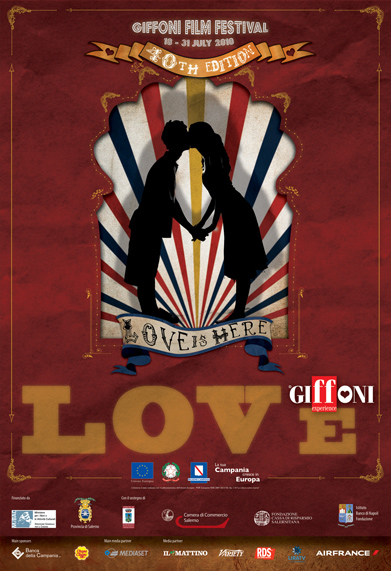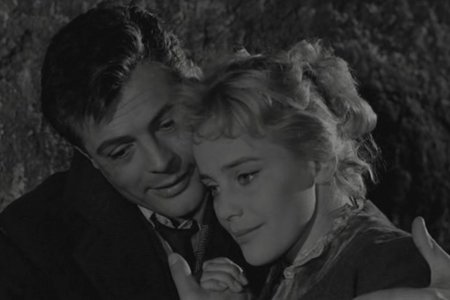Synopsis
Mario, a modest clerk, returning home, meets Natalia, a young woman who is crying, leaning against the railing of a bridge. Mario tries to comfort her and is fascinated by the girl's behaviour ranging from anxiety to childish joy. The next evening, when they date, Natalia tells her story. Abandoned by her parents, she lives with his grandmother who is almost blind. A year before, she fell in love with the boy who has sublet a room in her grandmother’s house. The young man went away promising to return after one year. Now Natalia is consumed in an painful waiting. Mario, now in love with Natalia, tries to make her forget the absent lover. The film won the Silver Lion at the Venice Film Festival XVII and Silver Ribbon in 1958 for the music, the scenery and Best Actor (Marcello Mastroianni).
Sinossi
Mario, un modesto impiegato, tornando verso casa, incontra Natalia, una giovane donna che piange, appoggiata alla ringhiera di un ponticello. L’uomo cerca di confortarla e rimane affascinato dal comportamento della ragazza che oscilla tra l’angoscia e l’infantile allegria. La sera dopo, quando si rivedono per un appuntamento, Natalia gli racconta la sua storia. Abbandonata dai suoi, vive con la nonna quasi cieca. Un anno prima si è innamorata del ragazzo al quale la nonna ha subaffittato una stanza. Il giovane è andato via promettendo di tornare dopo un anno. Ora Natalia si consuma in un’angosciosa attesa. Mario, ormai innamorato, tenta di farle dimenticare l’assente. Il film ha vinto il Leone d'Argento alla XVII Mostra del Cinema di Venezia e Nastro d’Argento nel 1958 per la musica, la scenografia e miglior attore protagonista (Marcello Mastroianni).




 Luchino Visconti
Luchino Visconti